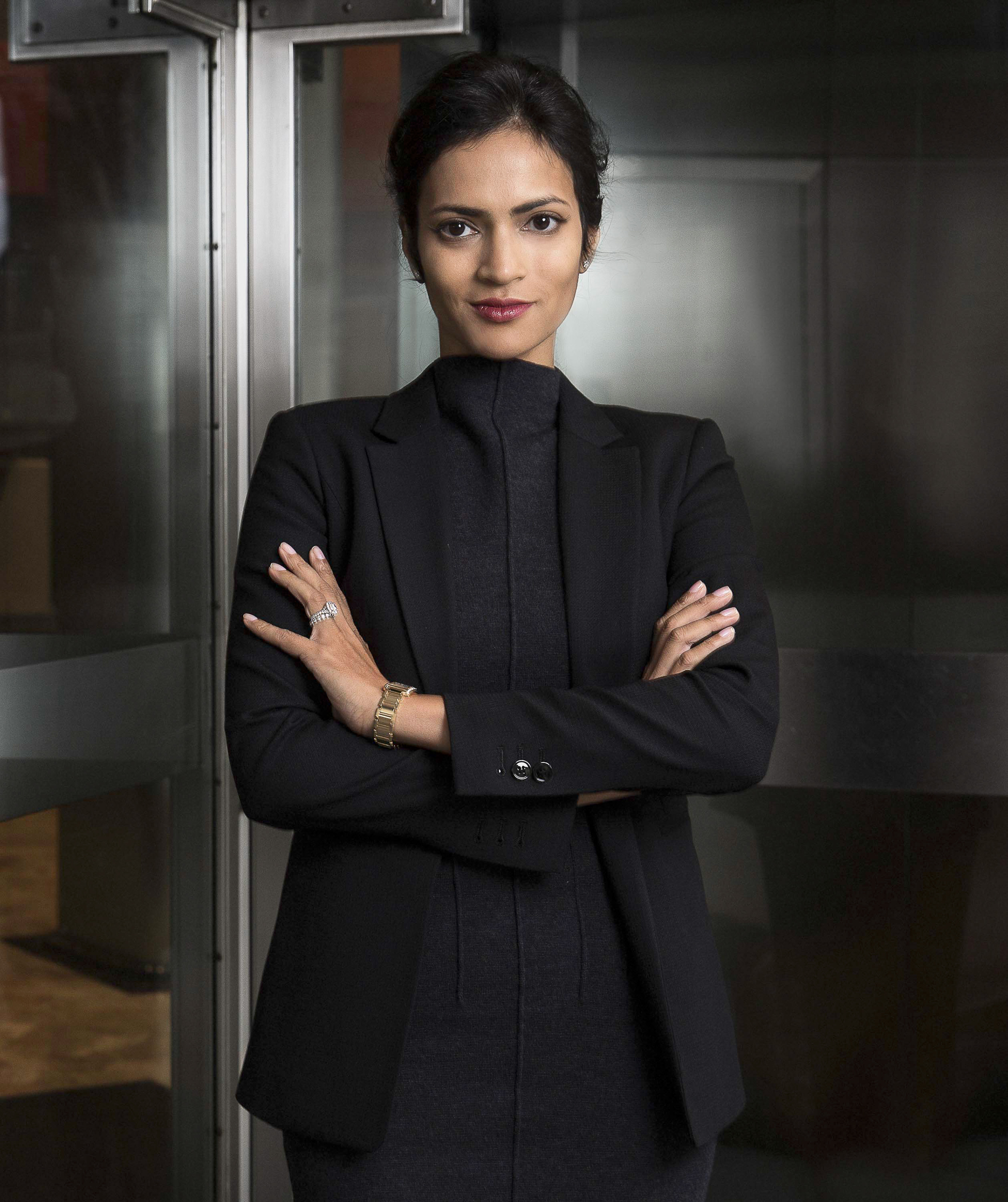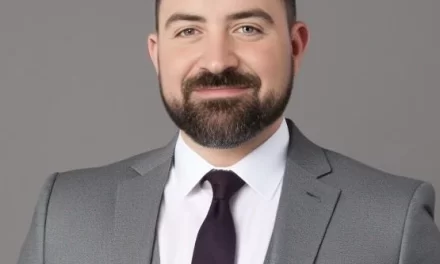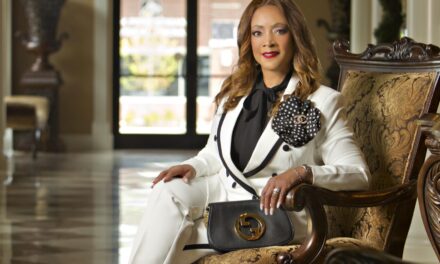Rita Kakati-Shah is an award-winning, gender, diversity, inclusion, and career strategist, speaker, author, and advisor to Fortune 500 companies. She is the Founder and CEO of Uma, an international strategy, coaching, and training platform that empowers confidence, inspires success, and builds leadership and resilience in women and minorities.
You founded Uma in response to your personal journey of motherhood, transitioning careers, and entrepreneurship. Tell us about your background.
I’m a born and bred Londoner, with heritage from Assam. Coming from a South Asian background there was an expectation of following in my parents’ footsteps, which in my case was to become a doctor. I studied medicine but knew this wasn’t going to be my future. Soon after my preclinical studies were completed, I transitioned degrees into Mathematics and Management at King’s College London. I didn’t put any pressure on myself as now I just wanted to enjoy learning and absorb all that I could. Perhaps that’s what caught the attention of the recruitment head of Goldman Sachs whom I met purely by chance at a Careers Fayre at King’s. Thirty-two interviews later I was offered a place on the much-coveted Summer Analyst Programme at Goldman Sachs in London. That summer was the start of my career in finance. I fell straight into diversity and inclusion initiatives by virtue of being one of the very few women and of color, on the Equities trading floor. After a decade at the firm, I transitioned careers into the pharmaceutical and drug development industry, which took me to New York where I relocated to after getting married. I have two children and transitioned to raising them full time after they were born, which by far was the most challenging of my careers to date!
Uma challenges the status quo and breaks the mold. Tell us about Uma.
Uma was founded in response to my life experiences, with confidence being at the foundation of the work that we do. Named after the Hindu Goddess, Uma is confident, determined and bold, and seeks to bring out the inner Goddess of Go-Getting TM that lives inside us all. Headquartered in New York, with a presence in Los Angeles, Toronto, and London, Uma is an international coaching, strategy, and training platform that empowers confidence, inspires success, and builds leadership and resilience in women and minorities around the world, using diversity, equality and inclusion principles.
Our tagline Be Bold. Be You. Be Uma. TM encourages our clients to embrace who they are, and accept others through listening, understanding and mutual respect. Uma aims to create a domino effect of empowered changemakers and positive thinkers who in turn pave the way forward.
As a Strategist, how important is corporate training to sustainability for companies given the pandemic.
Research shows 79% of job leavers cite lack of appreciation and not feeling like they belong as the driving reasons. So even if a company has glossy marketing with state-of-the-art diversity and inclusion graphics, unless a manager knows how to communicate effectively with their team or a senior executive doesn’t acknowledge his female colleague’s very legitimate cost savings pitch, someone will leave. Especially during the pandemic, when most employees transitioned to working from home, that extra step to help them feel engaged and valued can go a long way. Corporate Training for senior
leadership and management, therefore, does not only refocus workplace culture but can also increase a manager’s Decency Quotient (DQ), measured by a genuine desire to do right by others. This increase in retention statistics is a direct link to sustainability for companies.
![]()
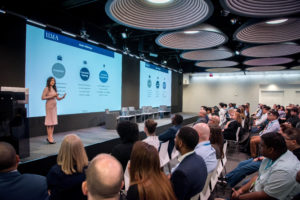
Tell us about Uma’s offerings.
With over 25 years of experience, we mentor and coach women and minorities from all backgrounds and life stages, in areas such as career strategy, the art of concise communications and negotiations, and leadership development. The foundation of our coaching and mentoring offerings is focused on creating unshakable confidence, inspiring success and building resilience and leadership. Our sessions are packed with practical and real-life tips and techniques for problem- solving, finding your passion and your voice. We mentor schoolgirls and boys, university students, women in STEM, C-Suite leadership, senior executives, military veterans and spouses, survivors of domestic violence, those in career transition as well as parents returning to the paid workforce.
For our corporate and educational clients, our underlying focus of diversity, equality and inclusion enables us to create truly bespoke DEI strategy, training and coaching programs for employees of all levels. Our approach begins with confidence and communications, before tackling a comprehensive suite of curated workshops on areas such as workplace culture, bias, privilege and decency. Our offerings are geared to create a sustainably diverse and inclusive workplace. I am also invited to speak at policy forums, educational institutions and corporations around the world on topics such as gender, cultural and race equality, as well as confidence, communications, diversity and inclusion.
Can you share a few client success stories?
Absolutely. Here are a couple of industry examples:
A London-based private school served a diverse population with communities from around the world. They needed guidance on ensuring their curriculum, staff interactions and policies were fully inclusive and equitable in order to serve their diverse pupil body. We worked with the school leadership, board, teachers, and parents, to strategize a DEI roadmap, structured the formation of a DEI Taskforce, and provided communications, inclusivity, and cultural awareness training to select faculty and PA members. The school community, pupils, and faculty all reported a stark rise in morale, confidence, and overall motivation, with a greater understanding and respect for their various cultures.
An IT Consulting and Services firm was looking for an individual from a diverse background to spearhead talent acquisition as well as have a strong technical background, so they turned to Uma. At the same time, a former software engineer on Wall Street, was reevaluating her future career goals and her work/life balance. We structured a six-month Umaship where we coached and prepared the candidate, as well as trained the firm’s management on ensuring a smooth transition. The company and candidate are flourishing, with the successful creation of an opportunity that matched the lifestyle goals
of a diverse candidate, resulting in a win for the firm and the candidate they hired.
A few testimonials:
“Just watched this… you are amazing…. your energy, your vibe, your positivity and your passion in what you say and do is so empowering. Your eloquence and delivery is perfect…”
Viewer of Ticker News, Australia segment
“Thank you so much for your help! The student you have been working with just received an offer from Trinity College, Cambridge, and she mounts her success and confidence during her interview and preparation down to your work together! Thank you so much again for your help uplifting our year 12 girls and all our students!” Headmaster, all girls’ school, Hertfordshire, UK
“Last night’s talk was one of the best I’ve attended, seriously! The tangible takeaways of how to empower women in the workplace were unique and seemed to resonate with SO many of us. Really, this was top notch!” Senior manager, Capital Group, Los Angeles, USA
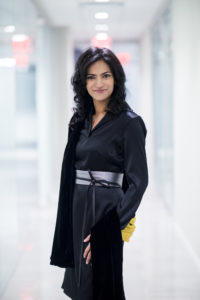
You are a much sought-after speaker. What are key topics for upcoming virtual events?
That’s very kind of you! It really depends on the event. For example, at international policy forums such as European Parliament in Brussels or UNESCO in Paris, topics are often related to the United Nations Sustainable Development Goals, such as changing the narrative around SDG 5, gender equality. At academic institutions such as Marshall School of Business at University of Southern California or London Business School, it is often
around communications and confidence. At schools, the talks are more centered around career development and future goals for schoolchildren. Corporations are generally focused on creating diverse and inclusive workplaces, improving employee morale and confidence across all levels. As I recently co-authored books on women in business, diversity and inclusion, with a specific focus on decency, that’s a natural topic for current talks too.
What is the key to inclusion and diversity for companies today and how is Uma the solution?
Diversity and Inclusion can be thought of like a muscle. In order for muscle memory to form and to build strength, it needs to become part of the company’s DNA with regular messaging, repetition and practice.
Ultimately listening to one another, showing empathy and taking the time to
acknowledge what someone has just said, is the start of inclusivity. How we communicate is key, and regardless of whether we agree with someone’s point of view or not, taking the time to listen to why they feel a certain way, with empathy, respect and acknowledgment goes a long way. While it is important for everyone to feel able to speak up and use their voices, it is also important to note that there is a fine line between being entitled and being empowered.
At Uma we build confidence and resilience in our clients through regularly practicing empathy, good listening and mutual respect, and attempt to quash negative feelings of self-pity in the bud. With effective communications across cultures, empowered thought and leading with decency, employees can start to feel confident, comfortable and competent to excel in their organization.
www.beboldbeuma.com
